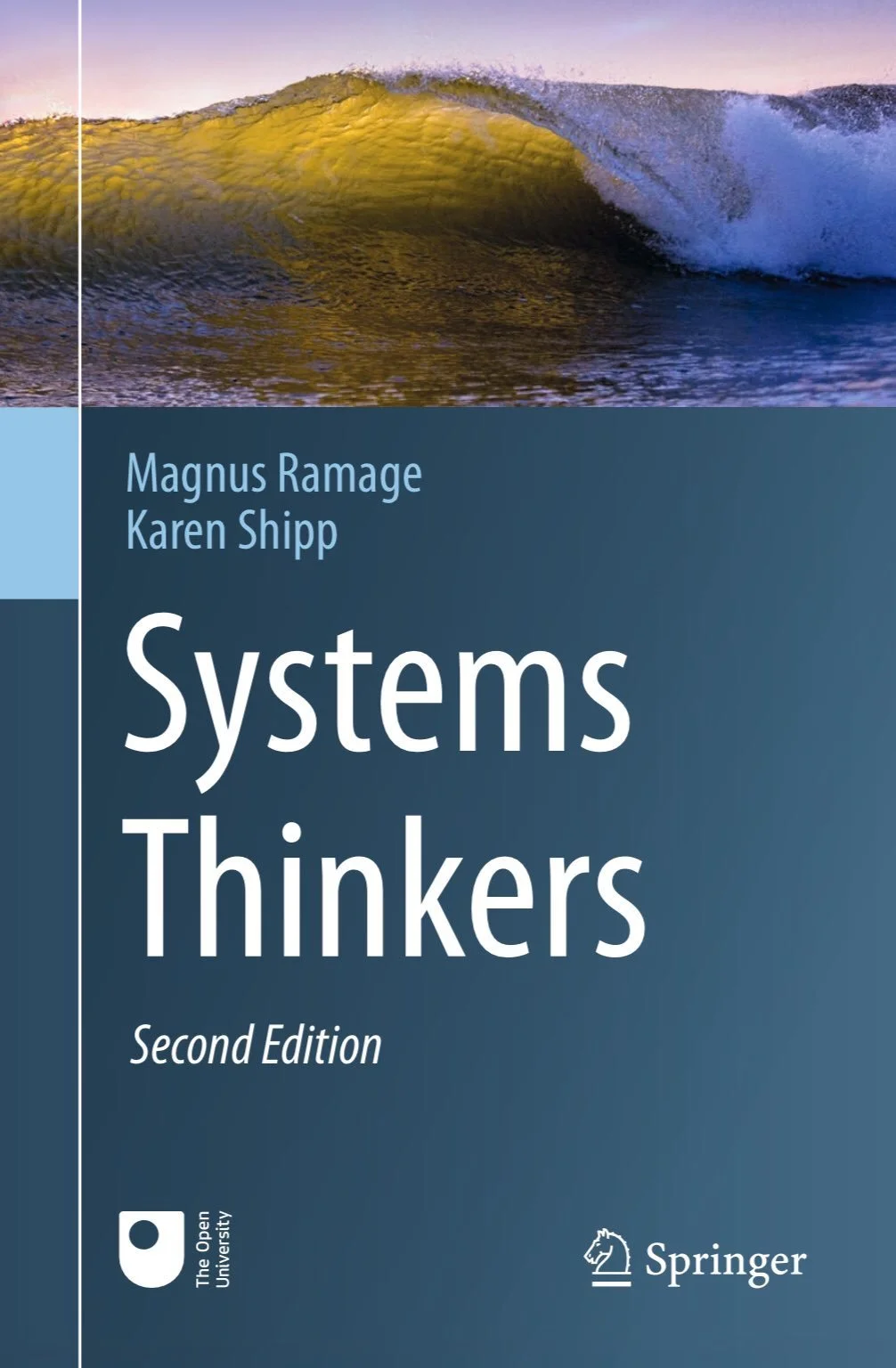Systems Thinking
Systems thinking is the art, science, and practice of understanding outcomes as an emergent property of the structure and operation of systems—i.e., groups of interacting elements that modify and constrain each other’s behavior. Systems thinking contrasts with reductive thinking that focuses on individual, linear, cause-and-effect relationships among variables, rather than holistic function.
Reductive approaches can be important for establishing the strength and direction of causal relationships. Yet, applied to complex systems, they often result in policy surprise and unintended consequences. Disciplinary and information siloes, common in everyday management and practice, tend toward reductionism. The complexity of real-world challenges demands systems thinking to understand the behavior of variables of interest and to discover or create solutions.
Selected Readings
A great starting point is Donella Meadows’ classic text, which engagingly covers the central ideas behind systems thinking and offers an introduction to system dynamics, a branch of practical systems thinking pioneered by Jay Forester at MIT. Among her most important contributions is the idea of leverage points which can be used to shift system outcomes. Systems Thinkers by Magnus Ramage and Karen Shipp offers an accessible introduction to the pioneering minds behind the diverse branches of systems thinking. Systems thinking has been an important part of my own work since my post-doc at the International Institute for Applied Systems Analysis. Here are a few examples: In a 2016 piece in Environment International, Barry Newell and I discuss how low-order system dynamics models can support the development of shared contexts critical for urban health policy-making. That same year, I joined Xuemei Bai and others from the broad Future Earth community in proposing and outlining a systems approach for sustainable cities. In 2018, I contributed to a piece led by Thomas Elmqvist that advocates for an evolutionary “tinkering” approach to urban health design and management, rooted in complex systems thinking.





